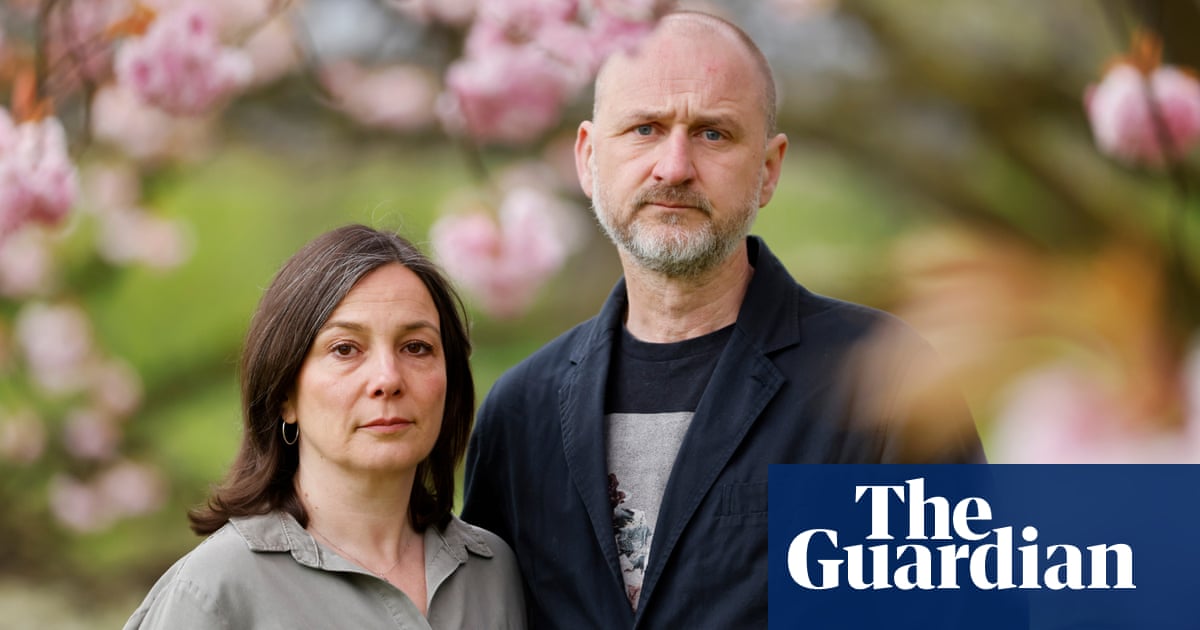On the evening of 29 December, 16-year-old Murray Dowey was with his family in their home in Dunblane, Scotland. As they sat together watching TV, Murray talked about saving up money for a summer holiday with his friends.
At about 9.30pm, he went up to his bedroom.
“That was the last time I saw him alive,” says Ros Dowey, Murray’s mother.
That night, he was targeted by a sextortion scammer, and took his own life.
“He was duped into thinking he was talking to a young girl and shared an intimate picture with her,” Ros tells the Guardian’s Scotland correspondent, Libby Brooks. “As soon as he did that, it became very clear it wasn’t a young girl he was speaking to, it was criminals in Nigeria who immediately started to extort [him] … and threatening to share the picture with all his contacts.”
Murray’s parents, Ros and Mark, are now raising awareness of the crime, in which young men are often targeted. They argue that more needs to be done by social media companies to protect teenagers like Murray.
“We’ve spoken lots about the dangers of social media and I’ve always warned that you don’t know who you’re speaking to,” Ros says. “So we’d had those chats. It’s not like we didn’t talk, we were a very open family.
“That’s the hardest thing to deal with, he didn’t just come through. But having looked into the issue of sextortion, the scammers are relentless … they just get the kids into such a frenzied panic.”
In the UK and Ireland, Samaritans can be contacted on freephone 116 123, or email jo@ samaritans.org or [email protected]. In the US, the National Suicide Prevention Lifeline is at 988 or chat for support. You can also text HOME to 741741 to connect with a crisis text line counselor. In Australia, the crisis support service Lifeline is 13 11 14. Other international helplines can be found at befrienders.org
Photograph: Murdo MacLeod/The Guardian
Support The Guardian
The Guardian is editorially independent.
And we want to keep our journalism open and accessible to all.
But we increasingly need our readers to fund our work.

